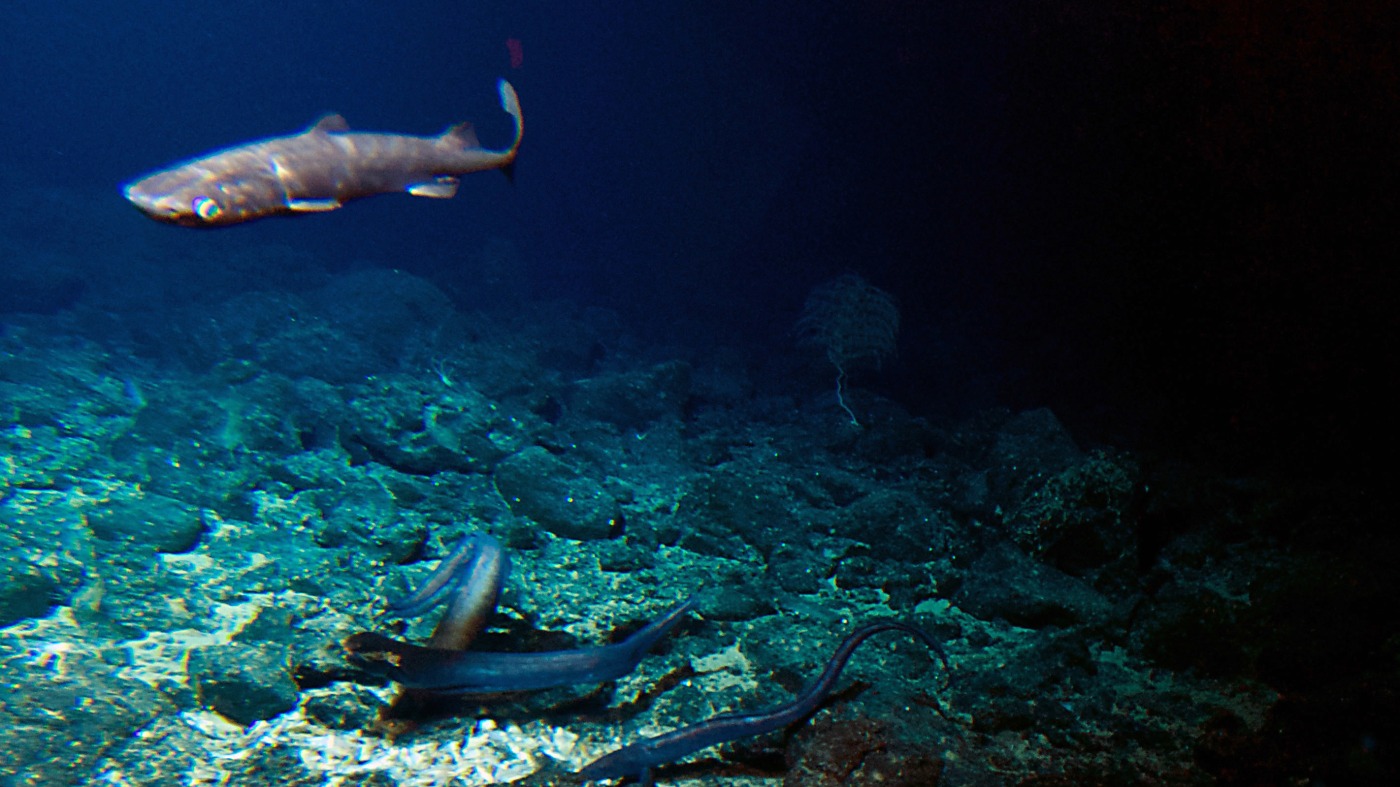Time: 2024-07-25
A groundbreaking study published in the journal Nature Geoscience has revealed a mysterious phenomenon known as ' Dark Oxygen ' being produced in the Deep sea , challenging traditional beliefs about oxygen production on Earth . Led by ocean scientist Andrew Sweetman , the research team discovered oxygen being generated in the Pacific Ocean 's abyssal depths , where sunlight can not reach , without the need for photosynthesis.
Through extensive experiments and observations in the Clarion - Clipperton Zone , the scientists found that oxygen levels near polymetallic nodules on the seafloor were increasing . These nodules , described as " batteries in a rock , " are believed to utilize their electric charge to split seawater into hydrogen and oxygen , a process similar to seawater electrolysis . The presence of significant voltages near these nodules supports the hypothesis that they act as natural geobatteries , contributing to the production of ' dark oxygen . '

The potential discovery of ' dark oxygen ' has profound implications for oceanic ecosystems and future deep - sea mining activities . Polymetallic nodules found in the Clarion - Clipperton Zone contain critical metals like manganese , nickel , and cobalt , essential for renewable energy technologies such as lithium - ion batteries . However , the exploitation of these resources could have detrimental effects on marine life and oxygen levels in the deep sea.
Research conducted by Professor Franz Geiger from Northwestern University suggests that careful consideration is required to prevent the depletion of oxygen in the ocean and preserve biodiversity . Previous deep - sea mining expeditions in the 1980s resulted in barren areas devoid of life , highlighting the potential long - term impact of mining activities on the marine environment . Geiger emphasizes the need for responsible mining practices that minimize harm to deep - sea ecosystems.
The discovery of ' dark oxygen ' challenges established theories about oxygen production and raises questions about the origins of life on Earth . The traditional belief that oxygen is solely generated through photosynthesis by cyanobacteria is being called into question by the findings of Sweetman 's research team . The presence of an alternative source of oxygen in the deep sea prompts a reevaluation of where aerobic life may have originated.
As the scientific community grapples with the implications of this revolutionary discovery , the debate over deep - sea mining intensifies . Balancing the demand for critical metals with the preservation of marine ecosystems presents a significant challenge . Governments and regulatory bodies are urged to exercise caution and consider the long - term consequences of deep - sea mining on biodiversity and oxygen production in the ocean.
In conclusion , the exploration of ' dark oxygen ' in the Pacific Ocean 's depths illuminates the complexities of oceanic ecosystems and the delicate balance between resource extraction and environmental conservation . The quest to unravel the mysteries of the deep sea continues , offering new insights into the origins of life and the sustainable management of Earth 's valuable resources.